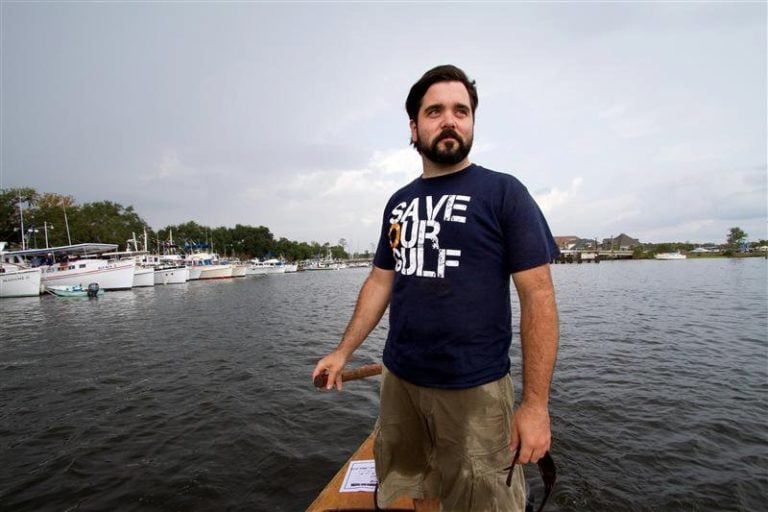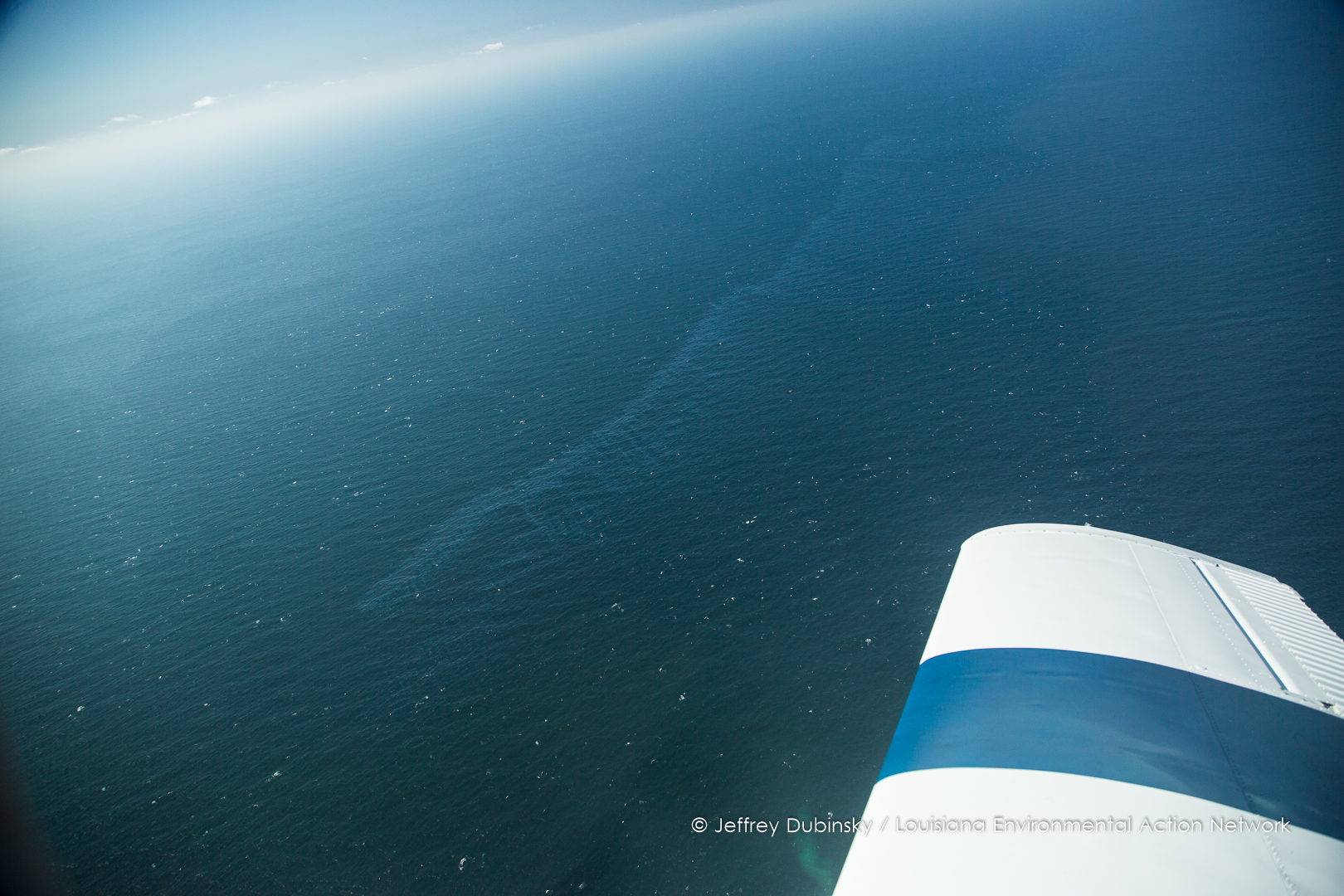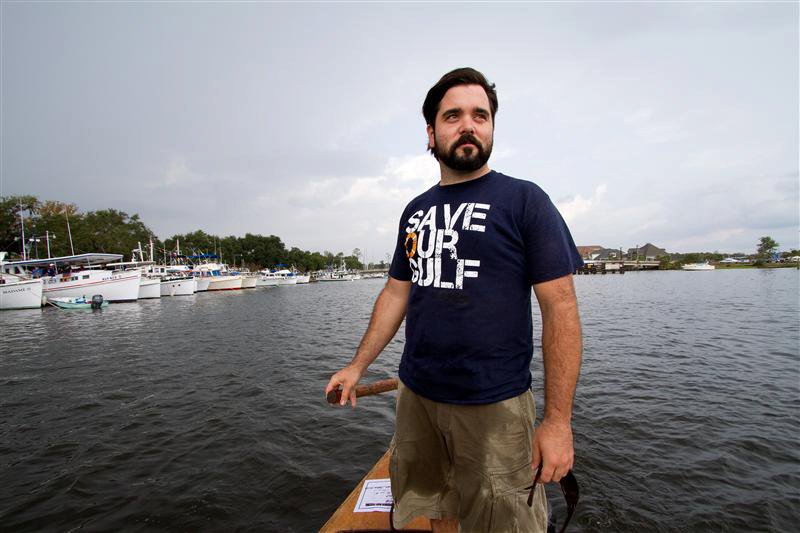
On January 20, 2016, Taylor Energy held a public forum on the ongoing oil leak at its wells in the Gulf of Mexico. Lest anyone think that Taylor Energy believes it owes the public any sort of explanation about the more than a decade-old leak, the company’s President, William Pecue, repeatedly reminded the attendees that the forum was being held as part of a court-ordered settlement with Waterkeeper Alliance, Apalachicola Riverkeeper, and Louisiana Environmental Action Network. The overarching argument of Taylor Energy’s presentation was that nothing further can be done to stop the oil leak that continues to cause miles-long oil slicks in the Gulf, which has already received more than its fair share of oil and dispersants from the 2010 BP catastrophe.

Throughout the forum, both Pecue and the experts hired by Taylor Energy consistently referred to the series of events that lead to the oil leak as an “Act of God,” using the term dozens of times. Essentially, Taylor Energy is arguing that Hurricane Ivan triggered a mudslide in the canyon that the wells were located in, and the event was an unforeseen natural phenomenon and there was no way for them to have been prepared for its effects.
However, documents show that Taylor Energy knew that exactly this kind of disaster was a possibility, and it was a risk they chose to take. The reaction of the press to Taylor Energy’s insistence on using the term “Act of God” repeatedly suggests that the public is unlikely to easily accept this deflection of responsibility. One article, titled “Oil exec says 10-year-old leak is God’s fault,” even ended up filed in the “Weird News” section of a news website.
While Taylor Energy’s claim appears extreme, it is unfortunately another example of the environmental risks that fossil fuel companies are willing to take in the pursuit of profits. Fossil fuel companies want us to believe that accidents are largely unavoidable side-effects of our deadly fossil fuel addiction. They want us to throw up our hands and simply accept that our energy future depends on us sacrificing the environment and our health.

Just as Taylor Energy’s decision to drill for oil in a mudslide-prone zone was not the fairytale result of an omnipotent higher power, most of the major fossil fuel disasters can be traced back to the enormous risks taken by fossil fuel companies in the pursuit of profit. Perhaps Taylor Energy was very unlucky when it rolled the dice and decided that profits outweighed the potential risk of an environmental disaster. However, when fossil fuel companies consistently take such gambles, and lose, we all pay the price.
If there is one thing that the Taylor Energy’s public forum taught me, it is that fossil fuel extraction continues to involve significant negative consequences that companies and the federal government are not equipped to handle. Even as Taylor Energy admits that there are some offshore oil disasters the simply cannot be remediated, the federal government has a lease sales planned in 2016 for areas in the Gulf of Mexico, and seeks to open up the Atlantic Ocean for offshore oil drilling. It is absurd for the government to go ahead with these plans, especially in light of the commitments made in the Paris Climate Agreement.
It is time we told fossil fuel companies and our federal government that we will no longer accept the damage to waterways and communities that happens as a result of oil drilling. We can, and must, do better for the environment and future generations. That is why Waterkeeper Alliance has joined a large coalition of groups calling on the federal government to stop all oil, gas, and coal leases, and keep fossil fuels where they belong: in the ground. Join us here.